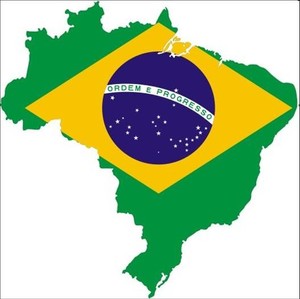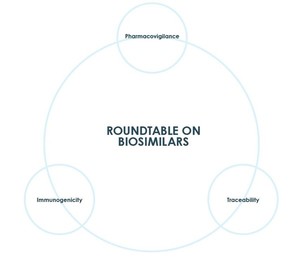According to authors from the US, the World Health Organization (WHO) should finalize its Biological Qualifier (BQ) guidance. Distinguishable naming will allow quick and accurate tracing of the manufacturer of biologicals, should adverse events occur and improve patient safety by reducing confusion and mishaps. This will ensure that developing nations, including those in the Middle East and North Africa (MENA) region, have access to high quality, affordable medicines [1].
Access to medicine is alone not enough; medicine quality is an essential element of patient care. For example, in Saudi Arabia the list of essential medicines from WHO is also considered essential in primary health care. However, many medications from this list are among the most widely substandard and counterfeited [2].
One initiative to tackle this has been introduced in Saudi Arabia: the 2030 Vision Plan. The plan aims to advance patient care through a more robust, safety/quality-centred culture together with improving relationships between local and international drug manufacturers and Saudi regulatory authorities.
According to the authors, countries around the world are struggling to adequately monitor the quality of medicines and may need to rethink their post-marketing surveillance (pharmacovigilance).
A key issue driving the development of 21st century regulatory pharmacovigilance strategies is the need for updated post-marketing surveillance of biosimilars. Reilly and Pitts believe that we are in a situation of post-marketing ‘indetermination’ and the first step should be to develop new epidemiological approaches that based on a better understanding of the differences between the concepts of generic and biosimilar medicines.
It is here that the WHO BQ comes into play. WHO first introduced the concept of a BQ for naming biologicals back in 2014. This was followed by a draft proposal on naming biologicals, including biosimilars [2]. Then came the proposal to proceed with a provisional implementation of the BQ scheme accompanied by a prospective impact study [3].
Distinguishable naming is, according to the authors, ‘imperative because biosimilar therapies are similar to, but not exactly the same as, existing biological medicines’. Since no biosimilar is perfectly identical to the originator biological, every biological – whether reference product or biosimilar – must be fully distinguishable from other biologicals to permit quick and accurate tracing of its manufacturer, should an adverse event be observed.
The authors believe that ‘precise naming will improve patient safety by reducing confusion and mishaps in prescribing and dispensing’. They therefore call for WHO to finalize its BQ guidance, saying that ‘it is this organization, after all, that has the responsibility to ensure that developing nations of the world have access to affordable quality medicines’.
Editor’s comment
This article for GaBI Online is a summary of the full article published in GaBI Journal.
If you would like to receive a copy* of the GaBI Journal article, please send us an email.
GaBI Journal is indexed in Embase, Scopus, Emerging Sources Citation Index and more.
Readers interested in contributing a research or perspective paper to GaBI Journal – an independent, peer reviewed academic journal – please send us your submission here.
Related articles
WHO proposal offers clarity for biosimilar nomenclature
WHO naming of biosimilars
References
1. Reilly MS, Pitts PJ. Medicines regulation in the MENA region and the importance of the World Health Organization’s INN proposal of Biological Qualifier. Generics and Biosimilars Initiative Journal (GaBI Journal). 2018;7(3):97-100. doi:10.5639/gabij.2018.0703.021
2. GaBI Online - Generics and Biosimilars Initiative. WHO issues draft proposal for its biological qualifier [www.gabionline.net]. Mol, Belgium: Pro Pharma Communications International; [cited 2018 Dec 14]. Available from: www.gabionline.net/Policies-Legislation/WHO-issues-draft-proposal-for-its-biological-qualifier
3. GaBI Online - Generics and Biosimilars Initiative. WHO proposes provisional implementation of biological qualifier [www.gabionline.net]. Mol, Belgium: Pro Pharma Communications International; [cited 2018 Dec 14]. Available from: www.gabionline.net/Biosimilars/General/WHO-proposes-provisional-implementation-of-biological-qualifier
Permission granted to reproduce for personal and non-commercial use only. All other reproduction, copy or reprinting of all or part of any ‘Content’ found on this website is strictly prohibited without the prior consent of the publisher. Contact the publisher to obtain permission before redistributing.
Copyright – Unless otherwise stated all contents of this website are © 2018 Pro Pharma Communications International. All Rights Reserved.








 0
0











Post your comment